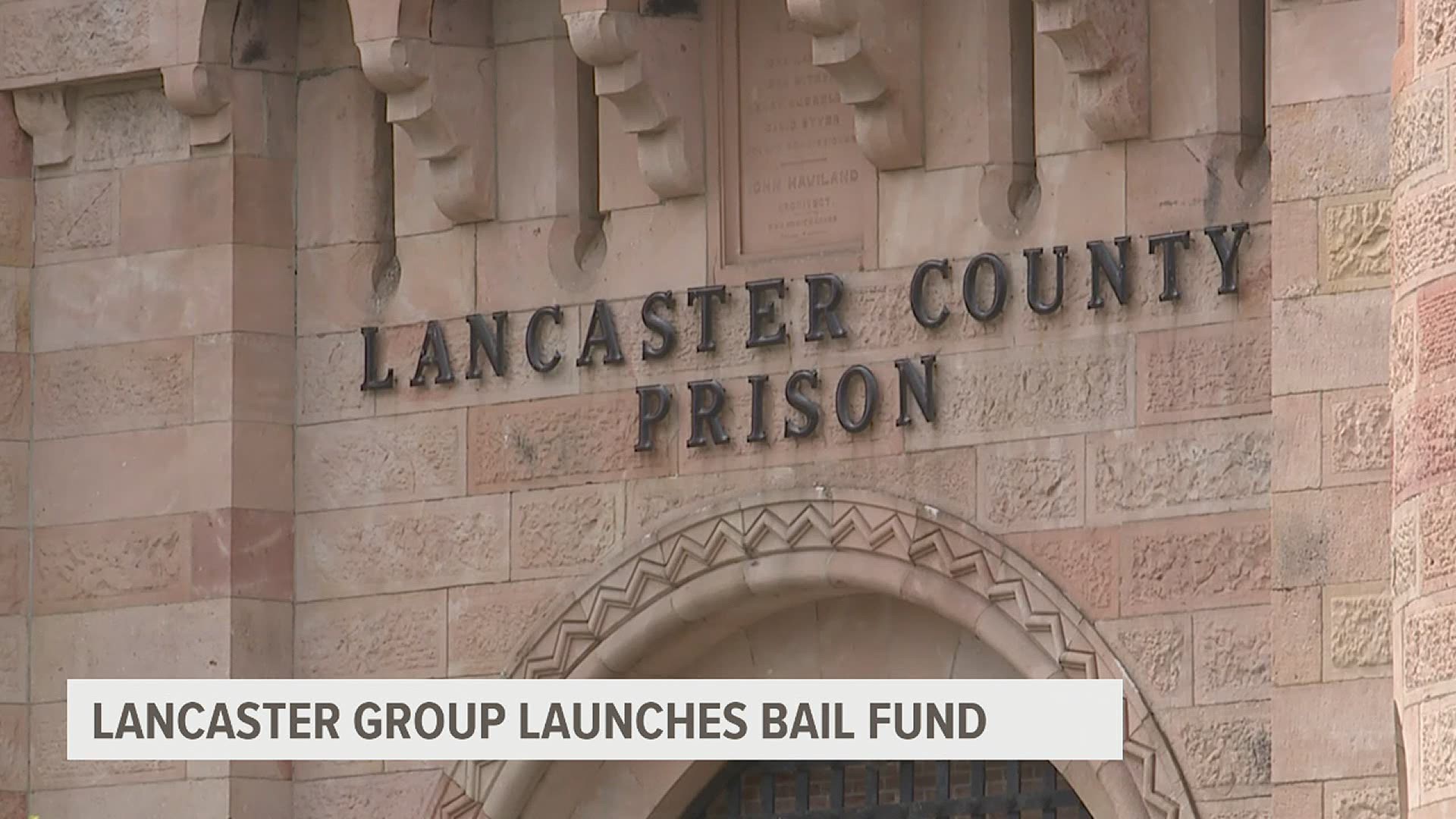LANCASTER, Pa. — The Central Pennsylvania Equity Project is launching a bail fund aimed at allowing more defendants to wait out their legal hearings without being held in jail. The bail fund would reduce the number of pre-trial detentions by paying bail for those who can’t afford it.
The cash bail system causes inequities, said Equity Project CEO John Maina, because it takes valuable time away from the most vulnerable.
In Pennsylvania, within 72 hours of an arrest defendants have an arraignment, where bail is set. But public defenders are usually assigned until the defendants’ preliminary hearing, held 7 to 10 days after the arrest.
The time spent in jail disproportionately affects the poor, often people of color.
“That 7 to 10 days is crucial to our livelihoods. We can’t miss a week of a paycheck. We can’t miss a week of the time supporting our children and our family,” Maina said.
The Equity Project is calling for a public defender to be available at arraignments and for judges to document the reasons for setting a particular bail amount.
“Is Lancaster County more safe for having one person out for the same crime and the other person inside for that same crime? It just logically doesn’t make any sense,” said Maina.
The bail fund, meanwhile, would pay bail for certain defendants in Lancaster County Prison.
So far this year the prison has held an average of 664 inmates, 66 percent of whom were being held pre-trial, according to the May Prison Board report. However it remains unclear how many inmates were there because they couldn’t afford bail.
Public officials have discussed bail reform in recent months.
At the May Lancaster County Prison Board Meeting, Commissioner Craig Lehman commented that if there is no public safety risk, no flight risk, and no risk to themselves, monetary bail should not be the sole reason for incarceration.
Also at the May meeting, Lancaster County President Judge Dennis Reinaker said a committee formed years ago has already decreased the prison population by closely evaluating each case for bail alternatives.
By law, Pennsylvania judges must consider the following factors when deciding a bail amount:
- The nature of the offense charged and any mitigating or aggravating factors that may bear upon the likelihood of conviction and possible penalty;
- The defendant’s employment status and history, and financial condition;
- The nature of the defendant’s family relationships;
- The length and nature of the defendant’s residence in the community, and any past residences;
- The defendant’s age, character, reputation, mental condition, and whether addicted to alcohol or drugs;
- If the defendant has previously been released on bail, whether he or she appeared as required and complied with the conditions of the bail bond;
- Whether the defendant has any record of flight to avoid arrest or prosecution, or of escape or attempted escape;
- The defendant’s prior criminal record;
- Any use of false identification; and
- Any other factors relevant to whether the defendant will appear as required and comply with the conditions of the bail bond.
The bail fund has raised $2,000 of a $50,000 goal, which will be divided into a general fund and specific funds for non-violent offenders and for BIPOC defendants.
The fund is applying to 501c(3) nonprofit status and will soon release details on who is eligible for their services.
“We as a country really care about the idea of freedom,” Maina said. “Incarceration should be the absolute last thing.”
RELATED: Gov. Tom Wolf outlines 2021 agenda

